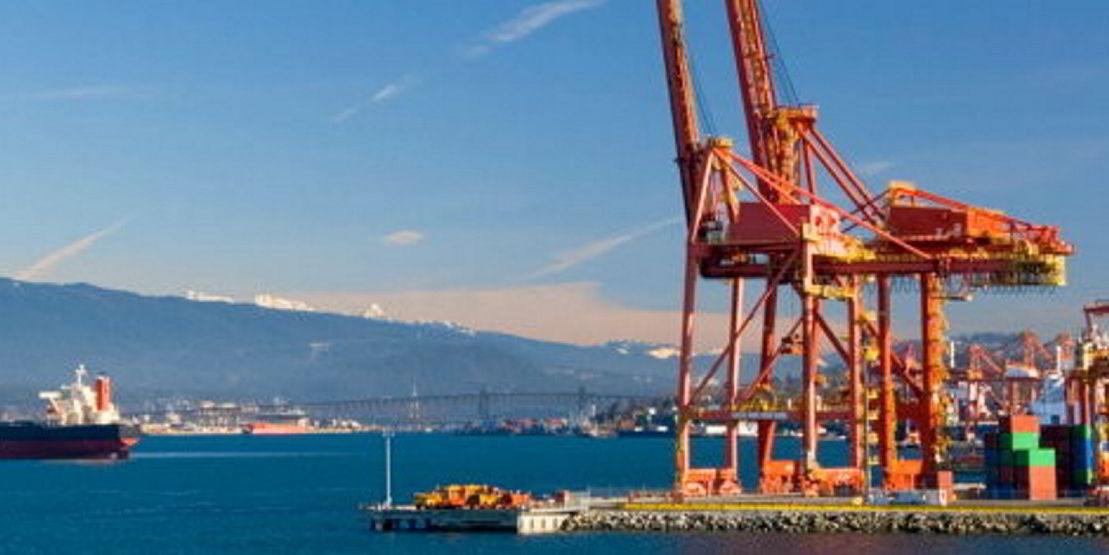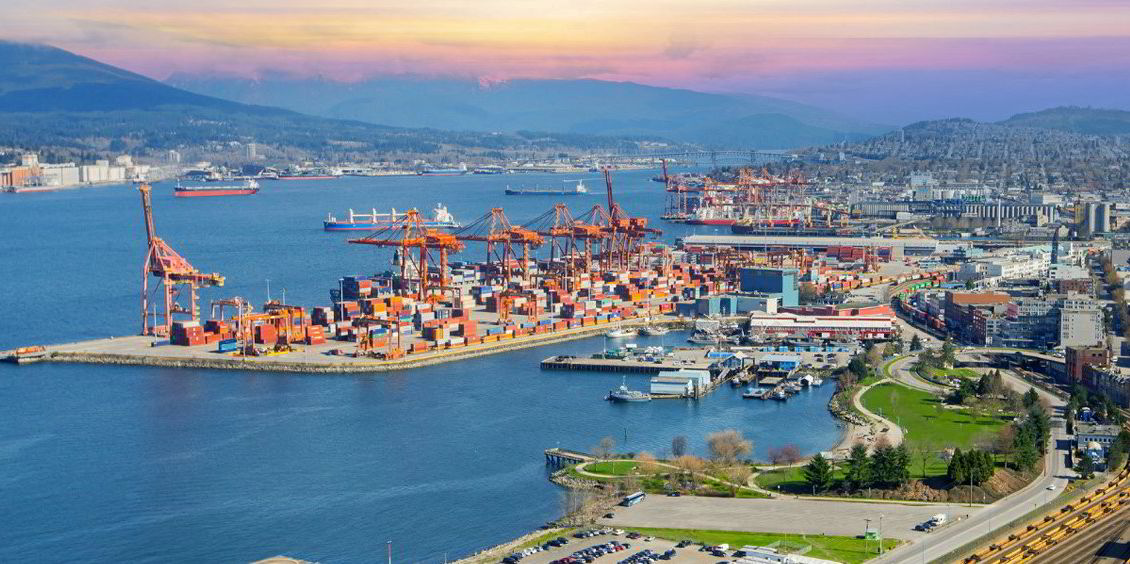Terminal employers in Canada estimate that an ongoing dockworker strike in British Columbia will cause a logjam of 250,000 containers at the major ports of Vancouver and Prince Rupert by the end of July.
Some 7,500 dockers representing the International Longshore & Warehouse Union (ILWU) of Canada have walked the picket line since 30 June in a fight for a new labour contract that offers higher wages and control over terminal upkeep.
The British Columbia Maritime Employers Association (BCMEA), which represents 49 waterfront employers, has warned that the backlog will halt shipment of CAD 11.7bn ($8.9bn) in goods on 37 ships by that time, according to the Royal Bank of Canada.
The union and employers met on Monday to resolve the central tussle over whether the dockworkers or outside contractors would handle regular terminal maintenance, but no agreement was reached, the BCMEA said.
“The BCMEA has continued to advance reasonable proposals and positions in good faith to solve ILWU Canada’s apparent concern with contracting the jobs they are unable to fill, yet they have not been amenable to any of them,” the association said in a statement.
“Rather, the union chose to table a revised proposal that took significant steps backwards, expanding on their demands, and consequently driving the parties even further apart.”
Calls to ILWU Canada were not immediately returned.
The union is also facing growing pressure from Canada’s politicians to end the strike, the BCMEA said.
“There is a growing chorus of political leaders, with Ontario Premier Doug Ford joining Alberta Premier Danielle Smith and Saskatchewan Premier Scott Moe in calling for an end to ILWU Canada’s strike action,” it said.
Seamus O’Regan, Canada’s minister of labour, asked the federal mediator for both sides on Tuesday to provide terms of a recommended settlement within 24 hours.
O’Regan said he would send the recommendations to the union and the employers and then ask them to “communicate their willingness” to suggest to the dockworkers that they accept the recommended terms.
“We will continue to provide updates as appropriate,” the BCMEA said.





